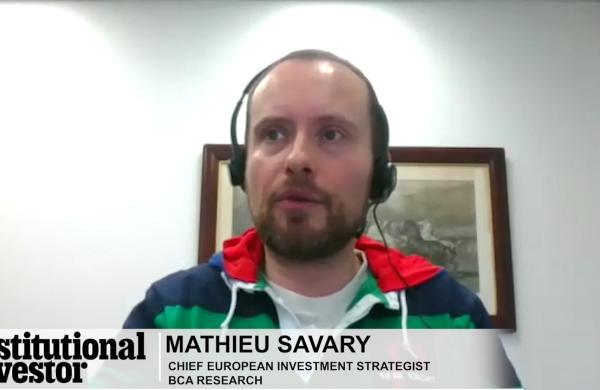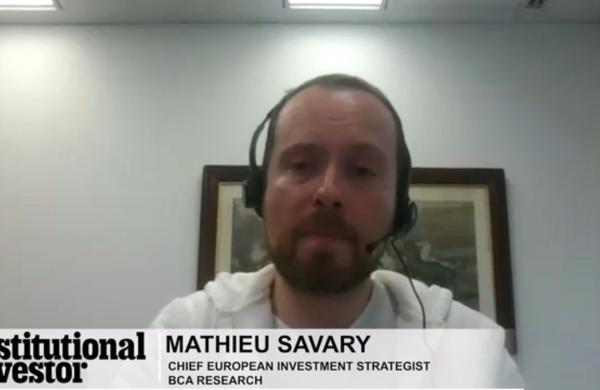After exhaustive research, British economist Nicholas Stern set a price tag last year on averting global climate catastrophe. Spending 1 percent of the world’s gross domestic product, or about $400 billion annually, could stabilize greenhouse gases by midcentury, Stern, 61, concluded in a 700-page report published last November by the U.K. treasury. Carbon-belching business-as-usual, on the other hand, will eventually cost 5 to 20 percent of the global economy each year, he predicted.
Colleagues in the dismal science largely lauded Stern, a former chief economist at the World Bank and the European Bank for Reconstruction and Development who this month takes up a new role as director of Asian research at the London School of Economics, leaving the treasury after more than three years of service. But a vocal minority, spearheaded by Yale economics professor William Nordhaus, criticized Stern for exaggerating the price of warmer temperatures and failing to discount projected costs in the distant future relative to investment in the present.
Stern came to the U.S. recently to drum up support for his idea. Institutional Investor Contributing Editor Craig Mellow met with him in New York.
1 Spending 1 cent on the global dollar to fight global warming seems relatively painless. But reducing carbon emissions in the developed world by 60 to 90 percent, as you envision, sounds wrenching. What is the reality?
Stern: If you make the adjustments badly, the cost could go up quite a lot. But the idea that this is wrenching in some way is too strong. Petrol taxes in Europe have already moved people to cars that are twice as energy ef½cient as in the U.S., and I think those standards can be pushed further without inconveniencing people very much.
In the U.S. the cost of reducing carbon emissions might be a bit more than 1 percent of GDP, about 1 to 1.5 percent. But I think the U.S. will lead in technology, and they might ½nd ways of bringing costs down.
2 Let’s say that you had this $400 billion to spend next year, globally — where would the money go?
Into doing energy and transport in different ways. You’re going to drive your cars and turn your lights on just as you did before, but the energy will be generated in a different sort of way: hydrogen-powered or electric cars, maybe solar power or nuclear.
3 If they bought into your proposal, would China and India still be able to develop at breakneck pace?
Yes. An extra cost like that doesn’t stop growth. It’s like a 1 percent increase in prices, which takes place because you adjust the way you do your energy.
4 Have you taken on board any of the criticism by Professor Nordhaus and others?
I’ve had some very interesting discussions with Bill Nordhaus. I just disagree with his conclusions. He’s in favor of pure-time discounting, which is discrimination between people based on their date of birth. The well-being of people born in the future is valued less than the well-being of those who are living now, and I don’t think that’s ethically justi½able.
If you don’t spend money to ½ght climate change now, you may increase current economic growth rates. But that means you bring forward the dates at which carbon emissions rise to certain levels. It’s going to be much more expensive to try to tackle these problems later.
5 If a genie granted you one wish on climate change, what would it be?
Technologically, it would be for carbon capture and storage on a large scale from burning coal and gas, so the emissions don’t enter the atmosphere. But in policy terms, which I think is a better way of looking at it, my wish would be that the U.S. make a strong commitment, which would change world politics on this in a very dramatic way.
I believe that’s coming.





